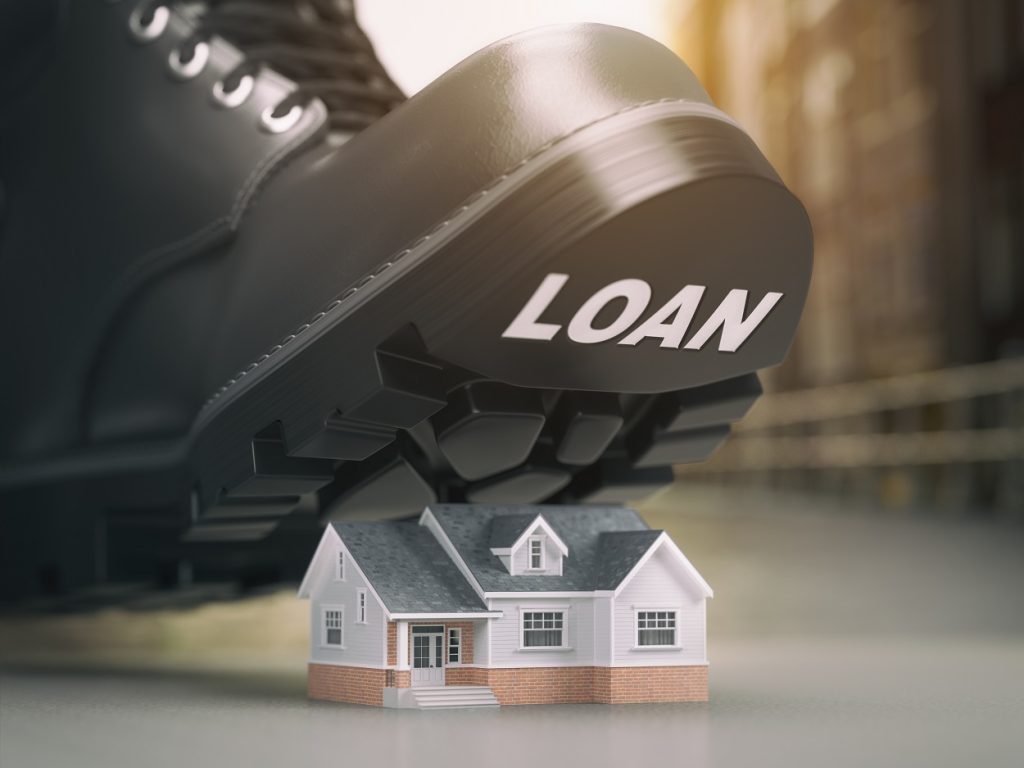Mortgage lenders use the legal process of foreclosure to recover the unpaid balance of a mortgage by selling real property. Foreclosure can severely damage a homeowner’s credit. And foreclosure can be devastating to a family that loses their home. Foreclosures can be originated by mortgage lenders, homeowners associations, or judgment creditors when the homeowner is delinquent on mortgage payments. But you may be able to stop a foreclosure through bankruptcy or loss mitigation.

What is a foreclosure in Virginia like?
When you borrow money to buy a home, you take on a secured loan called a mortgage. The loan is “secured” because there is collateral for it. The home guarantees the loan, and the property acts as the collateral for the loan. If you do not pay the loan, the bank will foreclose to take the home. The lender will then sell it at foreclosure auction in order to recover the money owed. Very different from a credit card lawsuit, the foreclosure process in Virginia moves quickly and without judicial oversight. The commonwealth of Virginia allows nonjudicial foreclosure.
Foreclosure in Virginia usually commences after 60 to 90 days of missed payments. Foreclosure in Virginia is fast. A foreclosure can move from notice to publication to auction in less than three months. If you can work out an agreement with your lender during preforeclosure, do so. Once you have received a Notice of Intent to Foreclose, it is usually too late to attempt modification, sale of the property, or other workout options.
You may receive funds post-foreclosure if the auction generates more money than the balance of the mortgage. This is, however, rare. In many cases, the bank buys its own loan at foreclosure auction. Keep in mind that you may be liable for the cost of the foreclosure in any deficiency judgment. Once the foreclosure ends, the eviction process starts.
Stop foreclosure in Virginia
The specific process of foreclosure differs from state to state. While some states use judicial foreclosure, Virginia does not. In Virginia, the bank has the right to foreclose for nonpayment without going to court. The bank nonetheless must still follow specific foreclosure guidelines.
If you are facing foreclosure, you may not only lose your house. Foreclosure can also severely damage your credit for years. You should explore the alternatives, including Chapter 13 bankruptcy, short sale, or deed in lieu of foreclosure. Any of these options are superior to foreclosure. An experienced bankruptcy attorney can help you to weigh your options.
